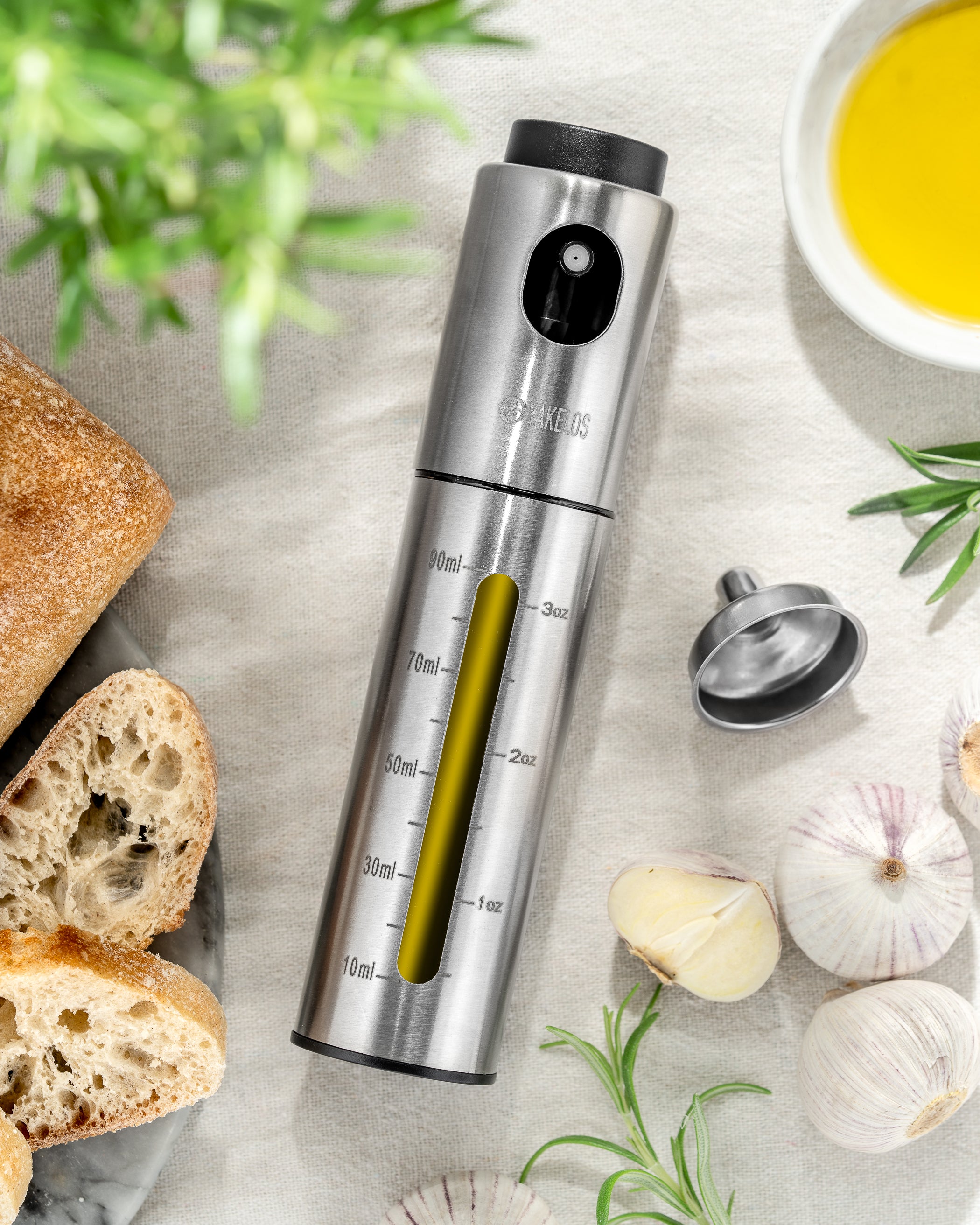At the end of November 2023, the harvest in the Mediterranean is in full swing, with conflicting forecasts on the final volumes that each country could market this year. A decisive factor will be the yield values, which represent the average amount of oil that the mills can extract from the freshly picked olives.
Experts estimate a global olive oil production of around 2.4 million tons. If this figure is confirmed, global production would decrease by 18% compared to the previous season in 22/23 (2.94 million tons), which was already one of the lowest results since 2016/2017.
The countries, which are part of the European Community, expect to supply a total of 1.5 million tons of olive oil, which corresponds to an increase of 9% compared to the previous harvest. This means that producers in, for example, North Africa have suffered considerably from a summer that was too hot and had too little rainfall.
For Tunisia, it is estimated that olive oil production in the 2023 harvest year could reach around 220,000 tons. If this estimate is confirmed, Tunisian olive oil production in the 2023 harvest year could exceed the 180,000 tons of 2022 and end up close to the five-year average of 228,000 tons.
A global decrease in olive oil production is expected, while global consumption is expected to increase. This will of course have a price-raising effect on extra virgin olive oil. Also
for Tunisia?
No, not for Tunisia, because the perfect extra virgin olive oil is still exported at rock-bottom prices of sometimes only $2 per liter, mainly to Italy and Spain. There, this precious and valuable extra virgin olive oil is blended, packaged and sold at higher prices .
Since 80% of the olive oil production in Tunisia is destined for export, this results in a significant loss of income for the country.
That is why it is so important that consumers should not buy so-called Spanish or Italian olive oil in the supermarket. Buy from specialized online sellers, such as Yakelos, and thereby directly support the farmers in Tunisia.





